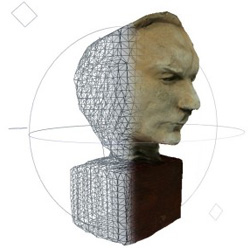#SxSC outline schedule
This is an outline schedule of talks and demonstrations for #SxSC. Anyone attending is invited to talk and demo their work.
10.30am
Composer Benjamin Mawson investigates ways to use space as an expressive layer in studio-produced music. Developer Enrique Tomas has built a tool using GPS to interpret a listener’s position and movement in order to create a unique way of hearing music. Musical compositions can now be spread across a landscape, mapped to a territory.
Continue reading →


